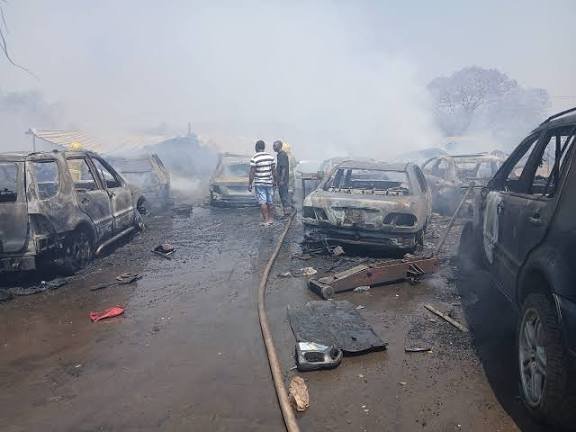Uganda Schools Turn to Private Teachers as National Strike Paralyzes Education System
KAMPALA – Private schools across Uganda are resorting to hiring temporary teachers to maintain operations as a nationwide strike by government teachers enters its third week, creating an educational crisis that threatens to disrupt the academic calendar for millions of students.
The strike, organized by the Uganda National Teachers’ Union (UNATU), began in protest of the government’s failure to implement promised salary enhancements for teachers and address longstanding issues of poor working conditions and delayed payments.
“We cannot watch our children’s education collapse because of this strike. Hiring private teachers is expensive but necessary to keep schools running,” said James Kato, headteacher of a private school in Kampala, in an interview with Daily Monitor.
Background of the Teachers’ Strike
The current strike represents the culmination of years of unresolved disputes between teachers’ unions and the government. In 2022, the government committed to enhancing teachers’ salaries under a phased arrangement, with promises of significant increases by 2025. However, implementation has been inconsistent and incomplete.
According to the Uganda National Teachers’ Union, many teachers have not received the promised salary enhancements, while others continue to face delays in payment and poor working conditions, especially in rural areas. The union argues that teacher salaries have not kept pace with inflation, effectively reducing purchasing power despite nominal increases.
This is not the first major teachers’ strike in Uganda. In 2019, a similar strike paralyzed schools for several weeks, as reported by BBC News, highlighting the cyclical nature of labor disputes in the education sector.
Impact on Education and Inequality Concerns
The strike has created a two-tier education system where wealthier private schools can afford temporary staff while government schools remain shuttered. Education experts warn this exacerbates existing inequalities in Uganda’s education system.
“The strike is widening the education gap between rich and poor,” said Dr. Mary Nakabuza, an education researcher at Makerere University. “Students in private schools continue learning while those in government schools, who constitute the majority, are left behind.”
The United Nations Children’s Fund (UNICEF) has previously expressed concern about learning outcomes in Uganda, where only 34% of children achieve basic proficiency in reading and mathematics by the end of primary school. Extended school disruptions threaten to worsen these already concerning statistics.
Economic Implications and Parental Burden
The hiring of private teachers has created an additional financial burden on parents, many of whom are already struggling with economic challenges. Private schools have implemented emergency fees to cover the cost of temporary staff, drawing complaints from parents.
“We were not prepared for these additional costs,” said Susan Namukasa, a parent with two children in a private school. “The government needs to resolve this strike immediately so we can return to normalcy.”
The situation also highlights the precarious position of temporary teachers, who lack job security and benefits. As reported by Human Rights Watch, temporary and contract workers in Uganda often face exploitation and poor working conditions.
Government Response and Way Forward
The Ministry of Education and Sports has appealed to teachers to return to work while negotiations continue. Education Minister Janet Museveni has promised to address the teachers’ concerns but has not provided a specific timeline for resolution.
Meanwhile, the Prime Minister’s office has established a mediation team to negotiate with union leaders. However, teachers remain skeptical based on previous broken promises, as documented by The Observer in their coverage of past labor disputes.
As the standoff continues, concerns grow about the long-term impact on Uganda’s education system and the future of millions of students whose right to education is being compromised by the ongoing labor dispute.


